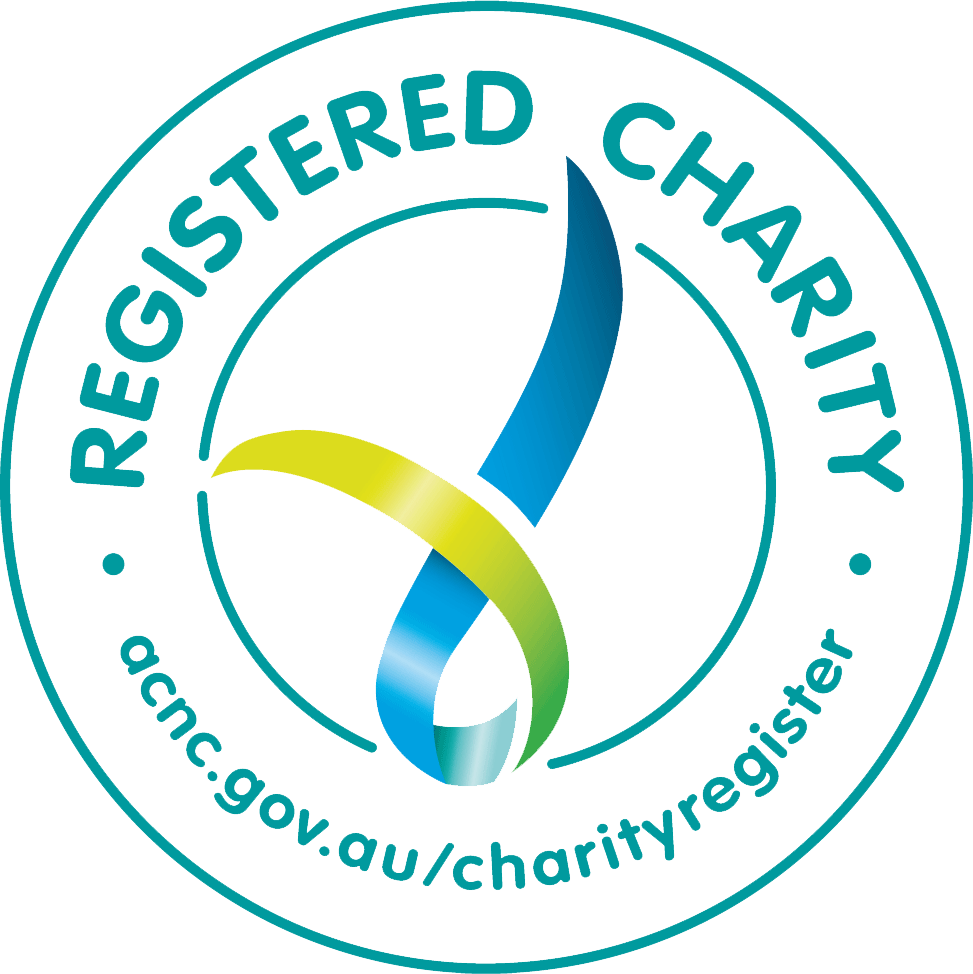Lighthouse believes that it takes a village to raise a child. Kinship carers are essential in supporting a child’s relationship with their family and providing long term stability in a young person’s life.
Kinship care
Supporting children and young people in kinship care to reach their full potential
What is Kinship Care
Kinship care is the preferred placement type for children who cannot live with their parents. This care is provided by relatives or a member of a child's social network when a child cannot live with their parents. Kinship care can either be a statutory care arrangement where a court has ordered it, or it can be a private arrangement agreed upon by the people involved.
Our promise is to provide our kinship carers and the children and young people they look after with a consistent circle of support, sense of community and therapeutic care.
HOW LIGHTHOUSE SUPPORTS KINSHIP CARERS
Lighthouse's Kinship Care program supports children and young people 0-21 and their carers.
At the centre of Lighthouse’s program is our Hub Home, a place of support and community connection for children, young people and carers.
Here, we facilitate regular social activities for families and local carers to connect, reflect and learn together. This helps to create a village of extended support for each young person and acts like a ‘home away from home’.
Therapeutic Case Managers will meet regularly with carers, children and young people and support areas such as family visits, engagement in health and wellbeing appointments, assisting with education and supporting with the coordination of day-to-day care and supports.
Our aim is to:
Lighthouse supports kinship carers in Melbourne
Lighthouse’s Model of Care
Be guided to care for young people, through gaining an understanding of trauma informed care, attachment theory and contemporary psychoanalytic theory.
Learning and Development
Participate in the Lighthouse Institute training calendar and receive ongoing learning and development through individual and group reflective spaces.
In-Home Support
Therapeutic Carers who can role model therapeutic approaches to caring for young people in their home and assist with transport and other practical needs.
Connection to the Community
Local volunteers are on hand to build a sense of belonging and connection through practical assistance, support and community events.
Additional Respite
In addition to regular respite, we offer sleepovers and extra support for children and young people in our Hub Home.
24/7 Support
We’re on hand to help around the clock to provide advice and support.
What to expect
A Therapeutic Case Manager will walk alongside children, young people and their carer/s to work on goals that build on their individual needs and strengths, to create strong, healthy relationships and connections to heal and grow.
Therapeutic Case Managers will meet regularly with carers, children and young people and support areas such as family visits, engagement in health and wellbeing appointments, assisting with education and supporting with the coordination of day-to-day care and supports.






